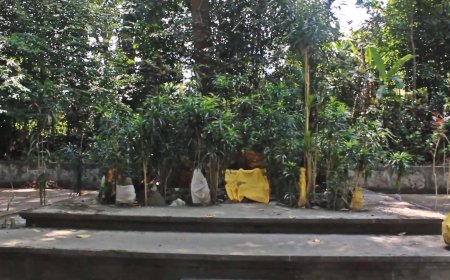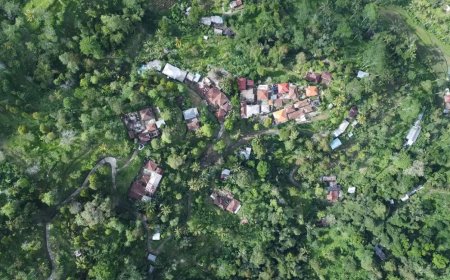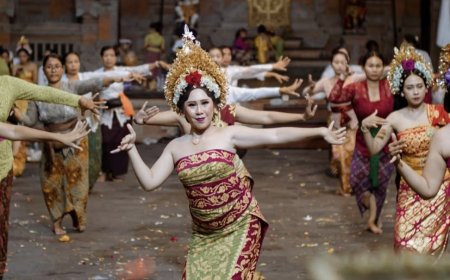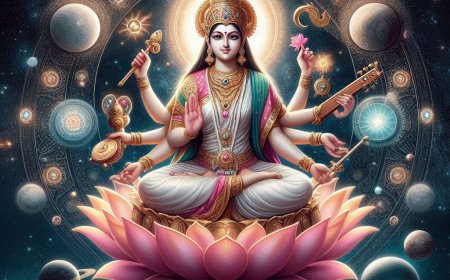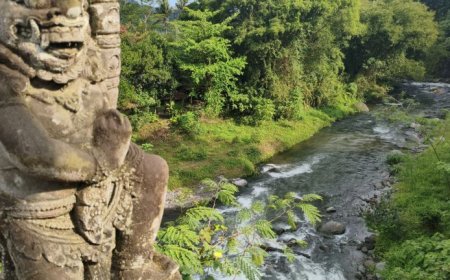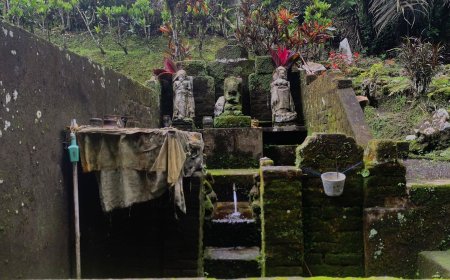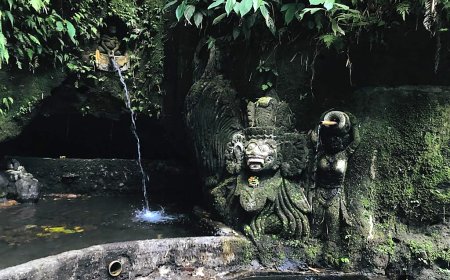Beji Waringin Pitu: Sacred Bath Symbol of the Purity of the Seven Limbs
Bali always presents a multitude of charms that are stunning and never diminish. Not only famous for its stunning beaches, but also for its natural beauty and exotic places hidden deep within the Island of the Gods. Beji, or sacred baths located near springs, can become a tourist destination that can offer a combination of natural beauty, spirituality and culture. One place that should not be missed is located in the Kapal Traditional Village, called Beji Waringin Pitu.
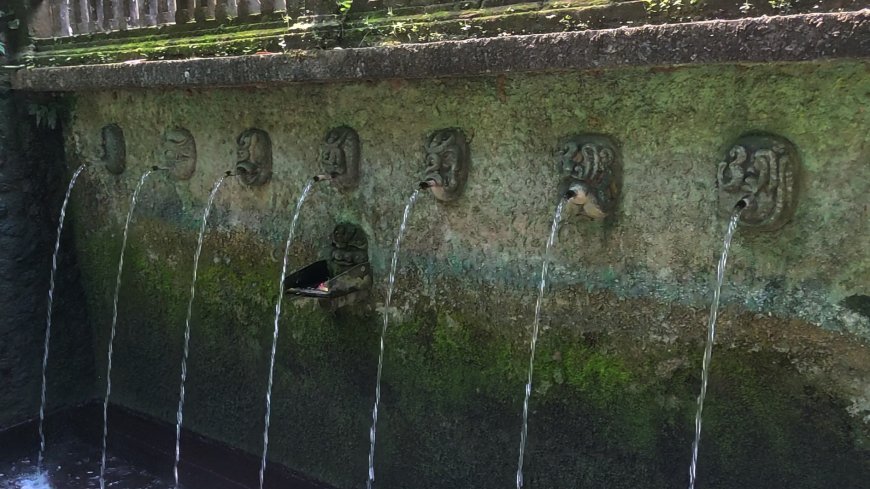
Beji Waringin Pitu is a bathing place that is believed by Kapal Village local people as the sacred place. The place is usually used for melukat activities on certain days, such as Purnama, Tilem, Kajeng Kliwon, Banyupinaruh, or on Otonan. Beji Waringin Pitu is located at Sandat Street No. 15, Banjar Celuk, Kapal Village, Mengwi District, Badung Regency, Bali.
To get to Beji Waringin Pitu is quite easy, namely by following the road which is right across from Banjar Celuk Hall. This holy bath is located at a distance of 200 meters from Kahyangan Dalem Dukuh Temple. Parking access is free and also quite spacious, so visitors don't need to hesitate to go by car whenever the want to visit this place.
Entering the Beji Waringin Pitu area, visitors need to go down several stairs which makes the journey to the bath an adventure itself. The natural beauty of the green trees around, as well as the sound of the splashing water of the Yeh Penet River flowing under Beji Waringin Pitu, will provide a feeling of comfort and tranquility, making it easier for visitors to find spiritual peace. Apart from that, visitor can also feels the majesty of the banyan tree on the south of beji.
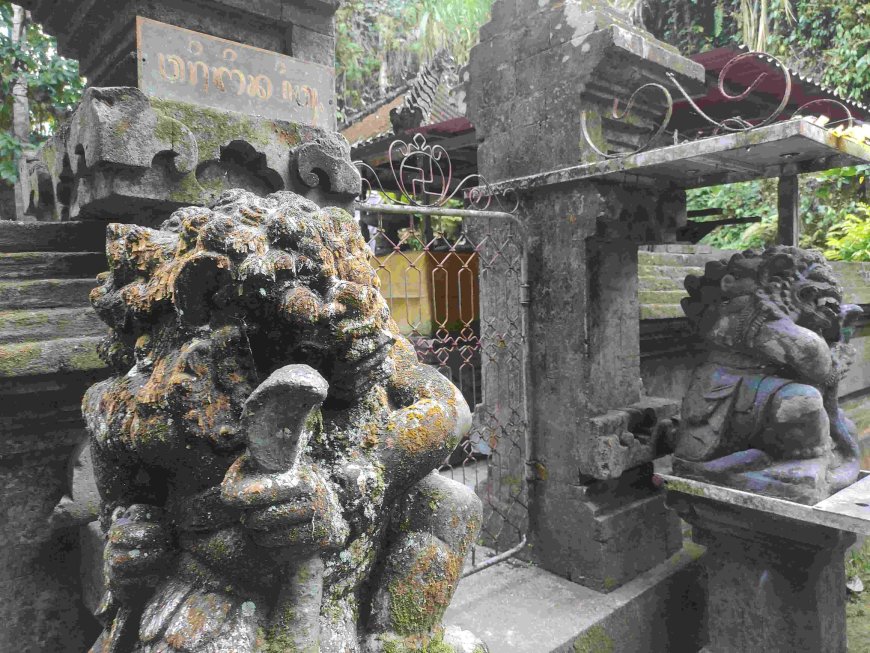
Waringin Pitu Temple (Source: Editorial Collection)
Due to its position in a river valley, the architectural foundations of Beji Waringin Pitu are divided into three levels. The first area is where the Waringin Pitu Temple stands, which is a place of worship for the Hindu God Vishnu and Batari Gangga. Inside the temple, stand two shrines, namely the Padma Shrine and the Ida Ratu Manik Galih Shrine.
Next is the second area, which is where three springs come together, originating from the east, south and north. In this area, there is a statue of the Goddess as a symbol of the Goddess Gangga. Not only that, we can also see two giant statues of Rishi and Ara, which are considered to be the form of Prabhu Sukrasena.
The water source in the second area is divided into seven fountains which flow to the third area, which is the beji itself. The beji area is quite large, namely around 4x2 meters, with a water fountain height of around 3 meters. The water is clear and refreshing, perfect for cleansing the body or just soaking the feet after a long journey.
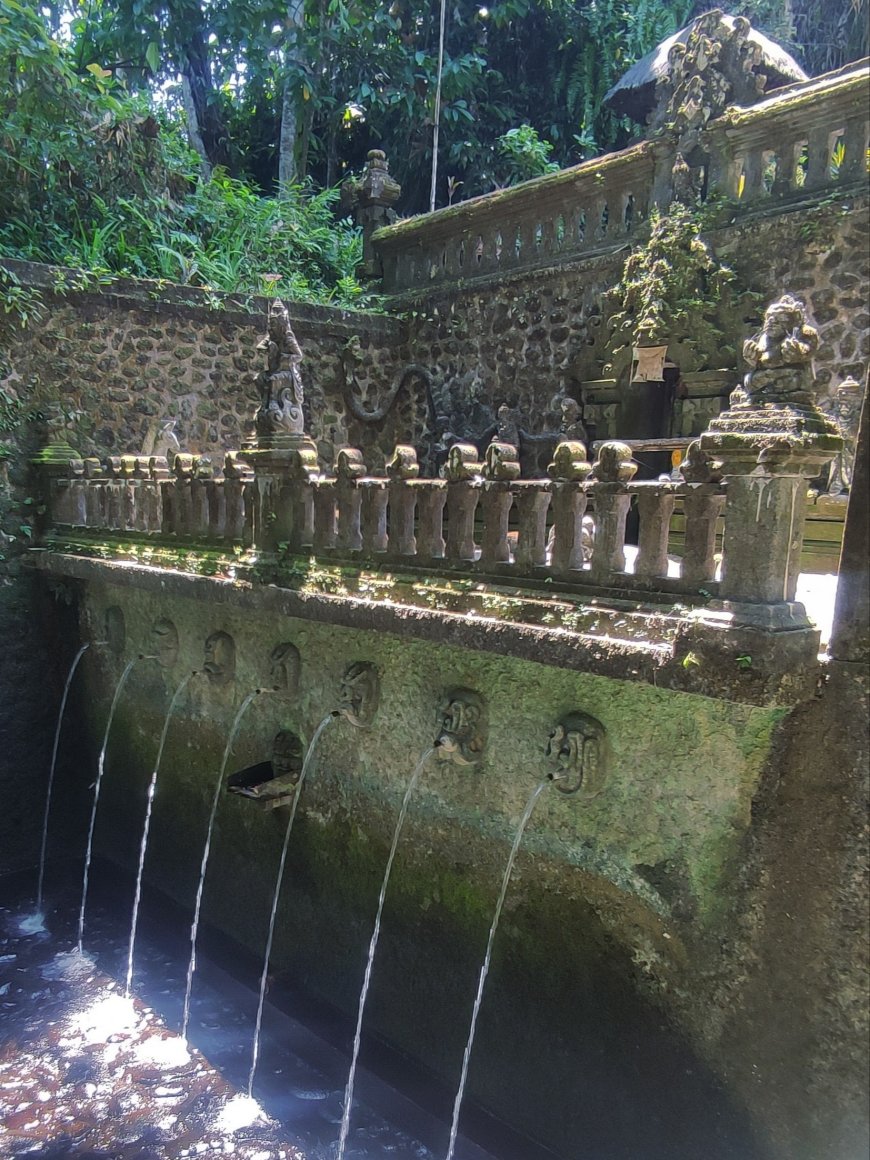
Beji Waringin Pitu Water Fountain (Source: Editorial Collection)
On each Beji Waringin Pitu water fountain, reliefs are carved that form different sacred aksara symbols. The sacred characters on these seven fountains symbolize the seven holes in the human body. The existence of these symbols will be used during the implementation of melukat activities, where in cleaning the seven orifices of the body, they will be adjusted to the reliefs on the water fountain. The sacred aksara are engraved on each fountain, starting from the far left, namely:
- Aksara Ang-Ung, simbolyzes the skin pores
- Aksara Mang, symbolizes the eye hole
- Aksara Ongkara, symbolizes the mouth
- Aksara Mangkara, symbolizes the nostril
- Aksara Ungkara, symbolizes the ear hole
- Aksara Akara Ang/ah, symbolizes the genital hole
- Aksara Akara Ang/ah, symbolizes the anus
Local people have faith, through these holes in the human body, the pure and clearness energy of water will be able to enter the human body, purify the soul, and cleanse the body which is polluted by all forms of negativity in life.
According to local people statements, Beji Waringin Pitu was opened as a public bath for all groups. However, you need to be reminded that even though it is generally open, there are still rules that must be obeyed to maintain cleanliness and purity around the location. Such as the prohibition on washing clothes, the prohibition on menstruating women from entering the area, and the obligation to wear appropriate clothing when entering the pool.
Apart from being used for melukat activities or as a public bath, the water from Beji Waringin Pitu is also believed to be able to cure diseases. This is because the people at Waringin Pitu Temple pray and worship the Goddess Gangga, or also known as Batari Manik Galih, who has shown her power in recovery or metambaan.
Beji Waringin Pitu is one of the beautiful hidden places in Bali that offers an extraordinary combination of natural beauty, spirituality and rich Balinese culture. With fresh water pools, holy springs and beautiful temples, this place is the perfect place to experience the magic of the Island of the Gods.
